Tarkiln Bayou Preserve State Park is located along the Alabama/Florida border about 10 miles from Pensacola. The 4,000-acre preserve is home to four species of endangered (carnivorous) pitcher plants.
We set out on the Tarkiln Bayou Trail that features a boardwalk through wetlands to the bayou. Slash pines (aka southern pines) seen here grow in wetlands and areas that border ponds, lagoons, and coastal bays.
As the photo illustrates, a controlled burn was conducted by park rangers on the left side of the trail while the right side shows the dense vegetation prior to the burn. These are conducted to simulate the natural events of nature. The pitcher plants could not survive here without the controlled fires. Our sweet girl, Sadie, is doing what she loves the most…sniffing out new smells!
Ferns appear to be the first undergrowth plants to grow after a fire. Then saw palms will fill in the floor of the forest, along with other plants.
Keeping an eye out for the pitcher plants, we finally came upon them on either side of the Emma Claire boardwalk.
The whitecap pitcher plant is found only on the Gulf Coast between the Apalachicola and Mississippi Rivers. Because they grow in nutrient poor soils, the plant adapted by becoming carnivorous. With its prey-trapping mechanism, the deep cavity of the plant fills with digestive fluid. Insects (and sometimes lizards) are attracted by the nectar around the lip and then fall in where they drown. The plant will eventually ingest the prey.
In addition to the rare pitcher plants, the pink sundew and grass pink orchids also grow in the same habitat. But you have to look closely among the delicate flowers that grow here to see them!
Sadie jumped up on the bench to see what we were finding so interesting on the ground below!
The boardwalk continues to an overlook on Tarkiln Bayou.
We saw some fish, crabs, and other marine life there.
A member of the magnolia family, sweet bays are found in areas with poorly drained soil. Also, shown is a bat house that provides a safe place for bats to live here.
The other trail at the Preserve is the 7.2-mile Perdido Bay Trail (too long for us to hike on this hot day!) There are gopher tortoises in the preserve that live in their burrows found under the ground vegetation. We were hoping to see some, but, unfortunately, did not.
Controlled burns enable them to survive here, too.. Otherwise, the vegetation would grow too thick for them to navigate. The tortoises retreat to their burrows when there is a fire where they remain safe.
We were thrilled to see the rare pitcher plants growing in the wild here. The place was deserted when we visited on a weekday. Admission is $3/vehicle with a self-pay envelope in the parking area. For additional information about the park, go to www.floridastateparks.org/parks-and-trails/tarkiln-bayou-preserve-state-park.
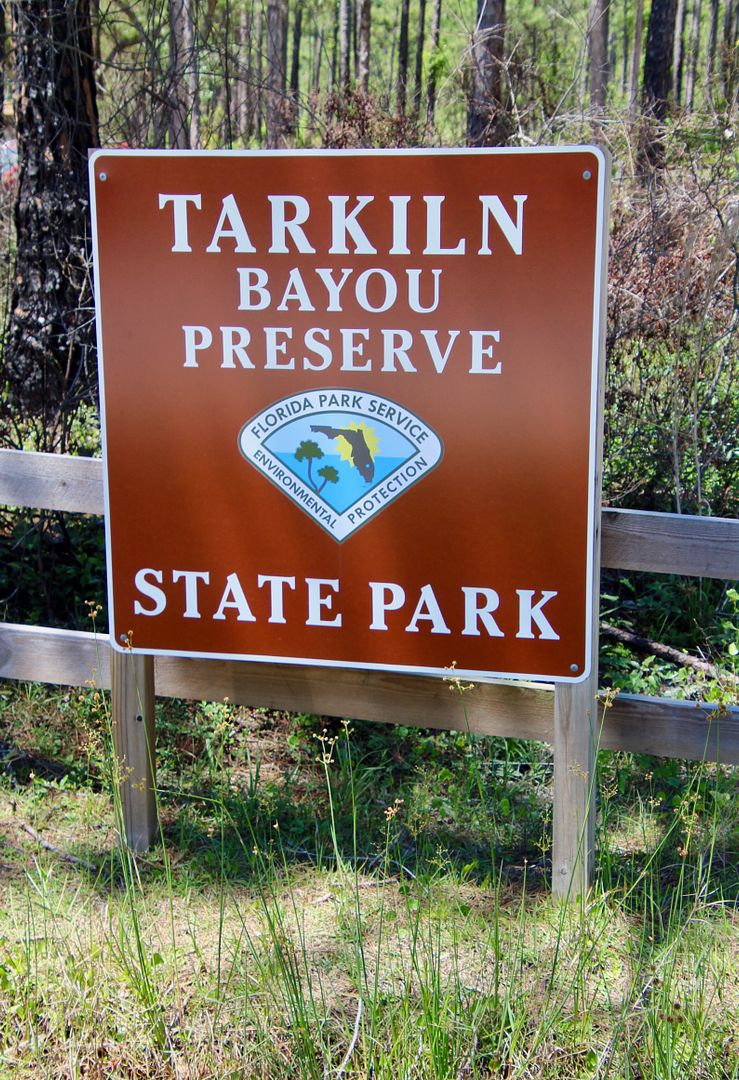
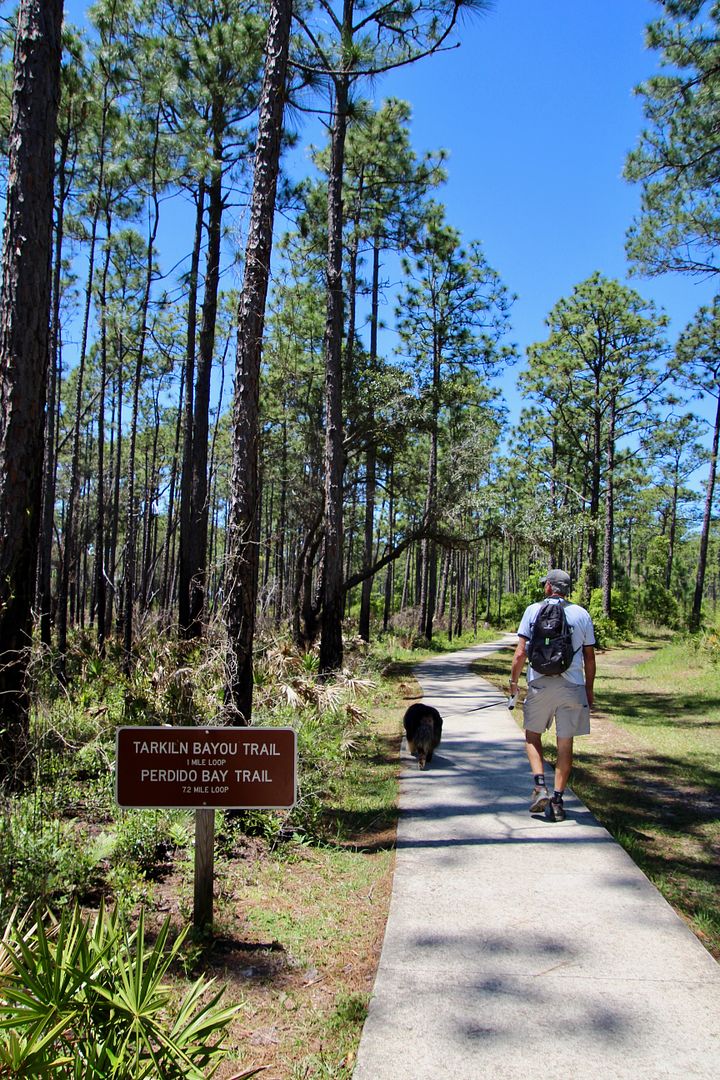
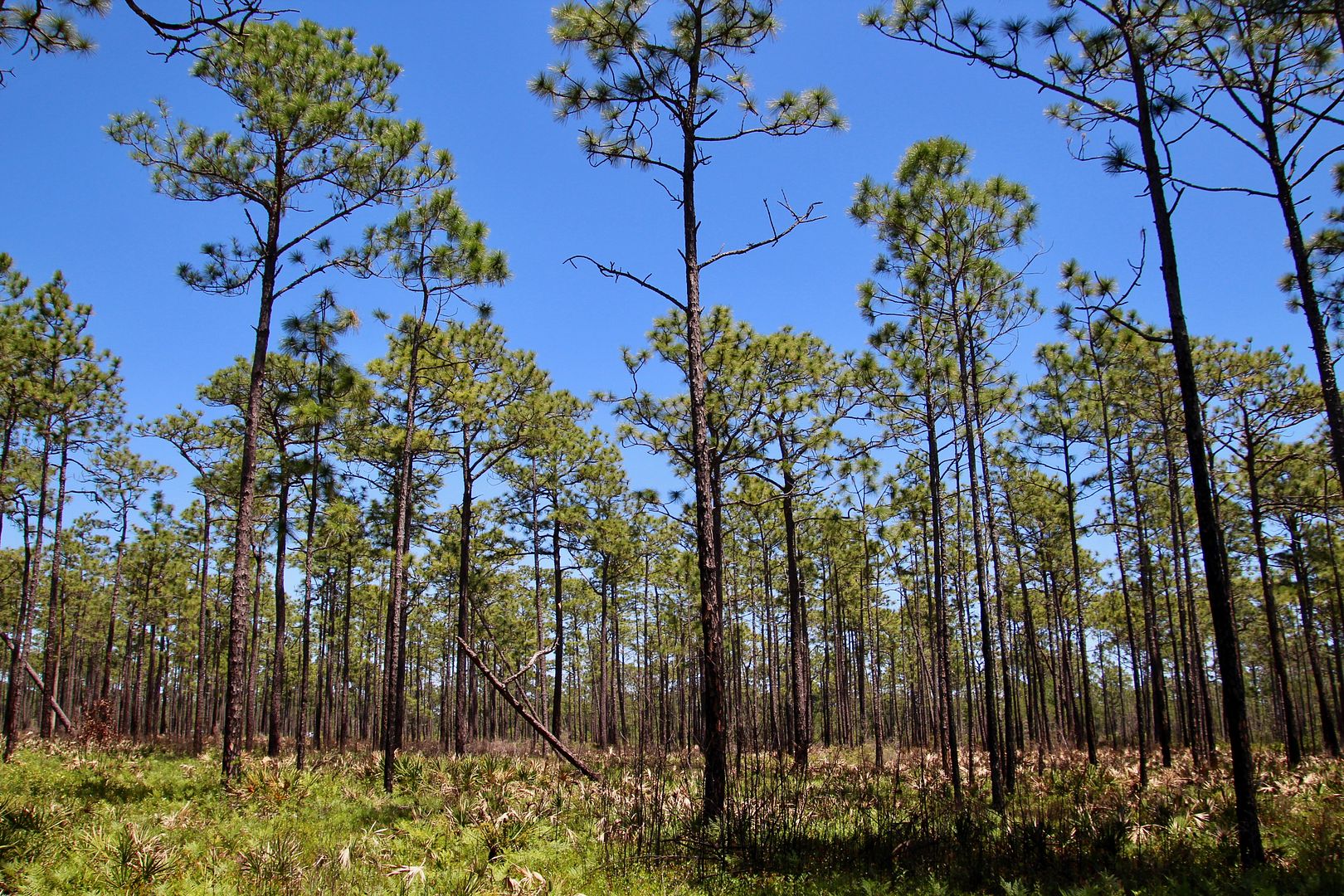
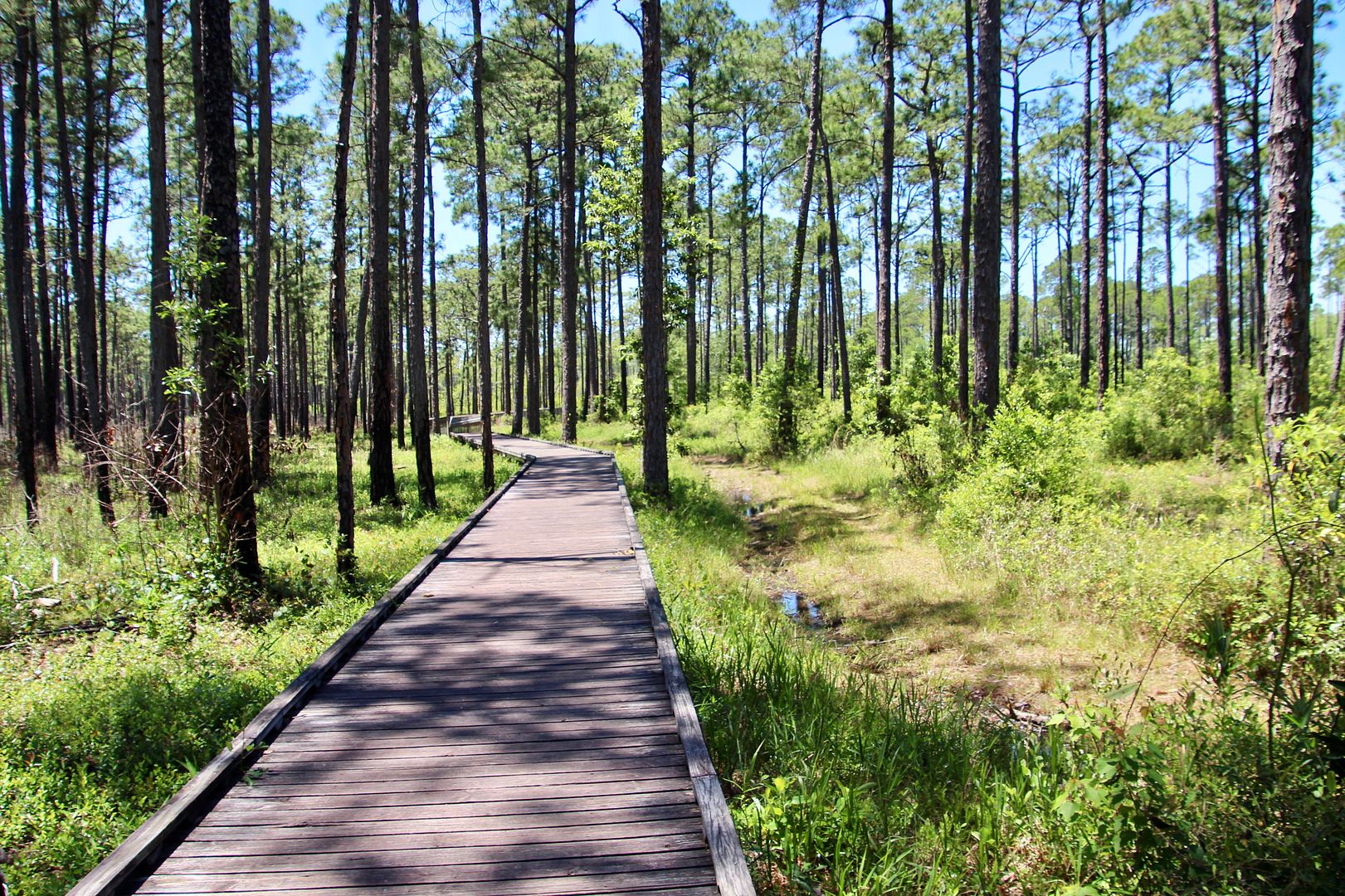
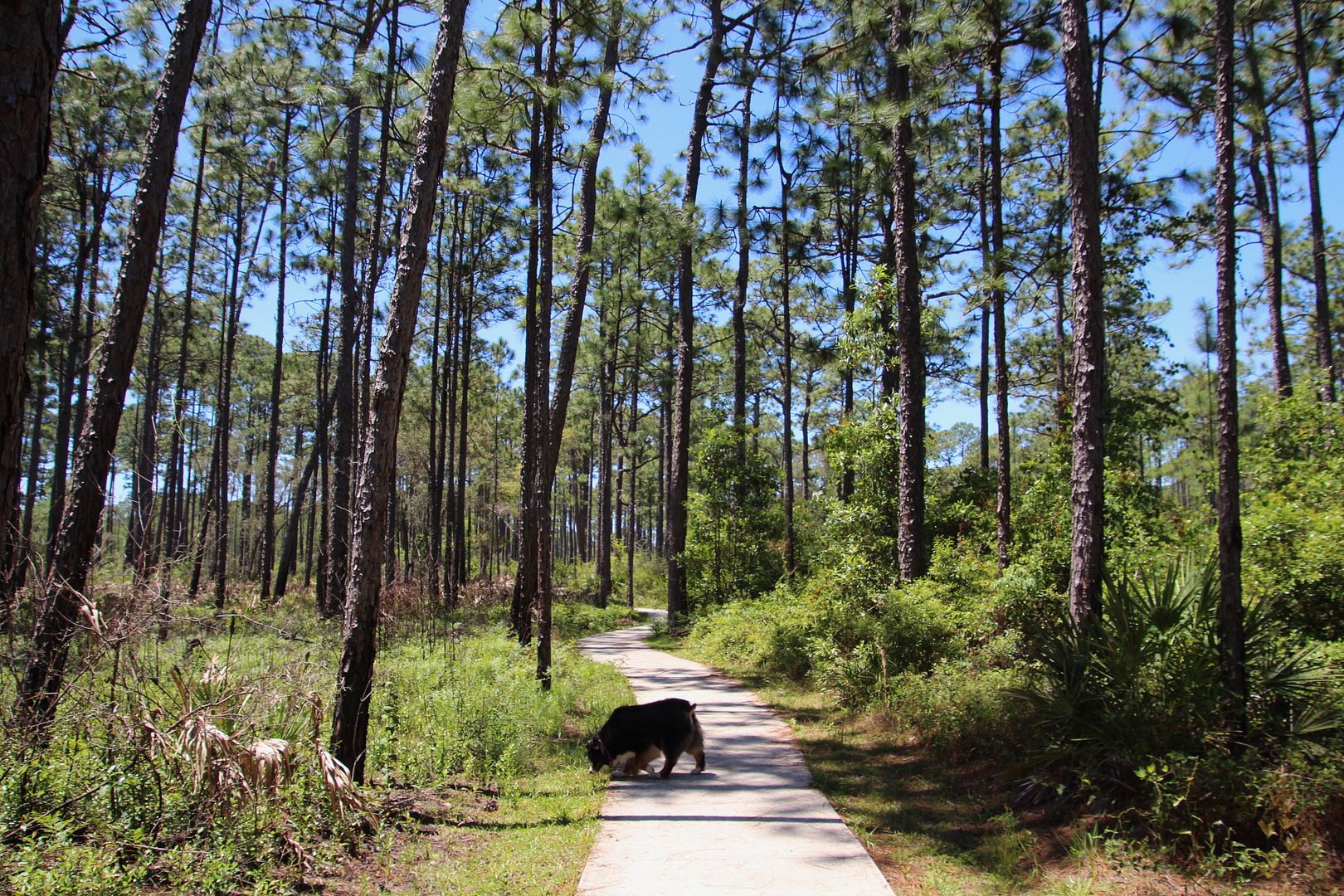
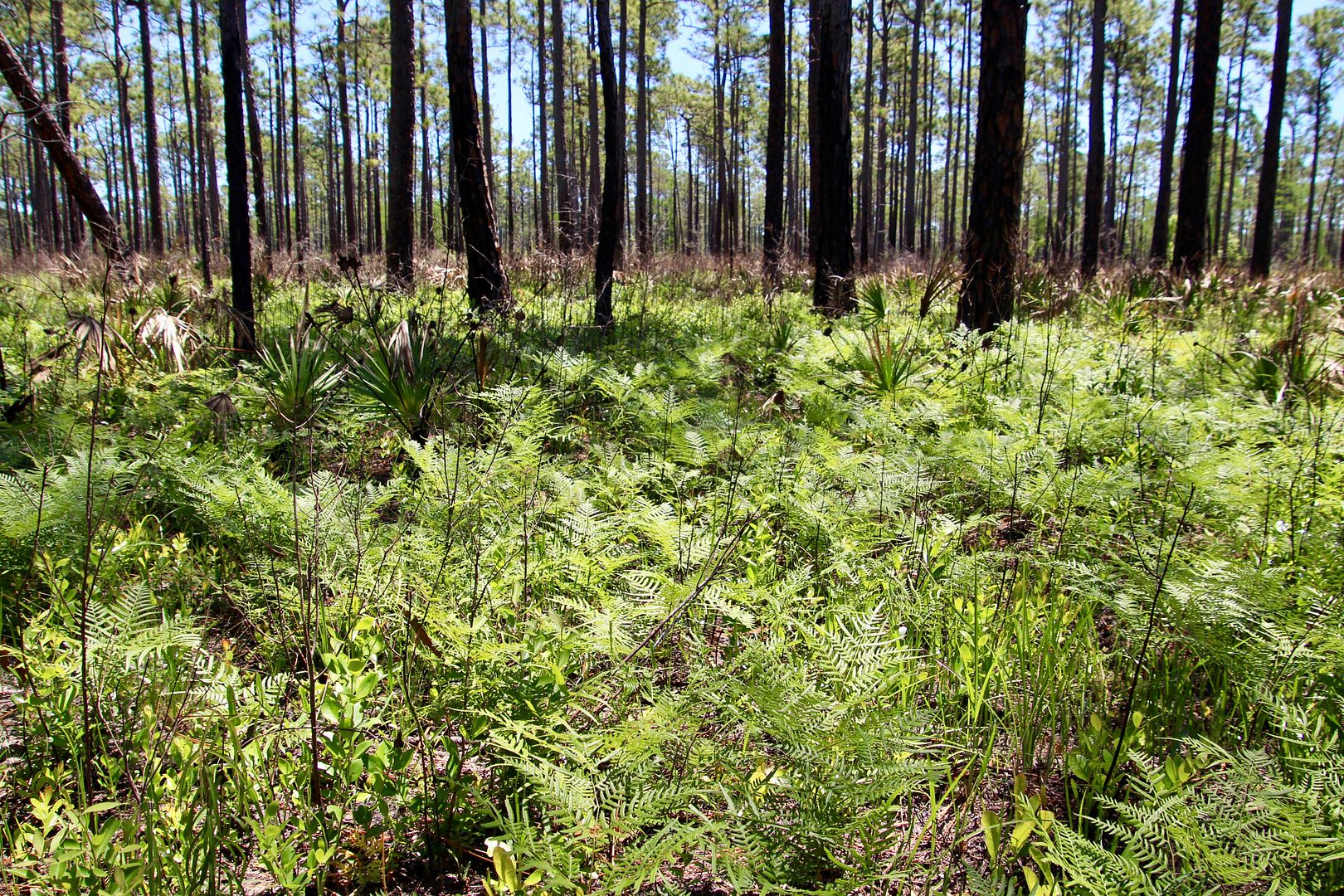
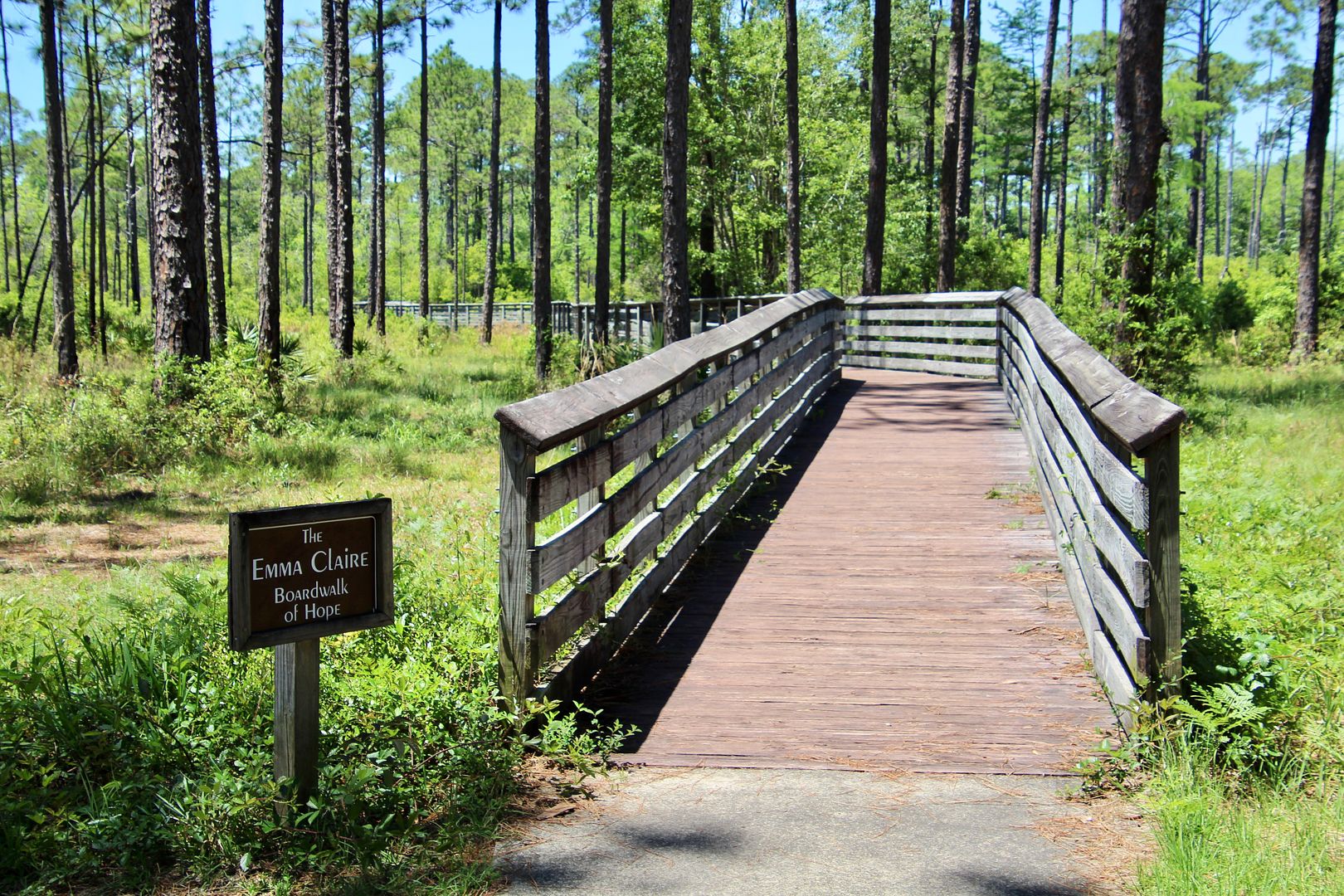
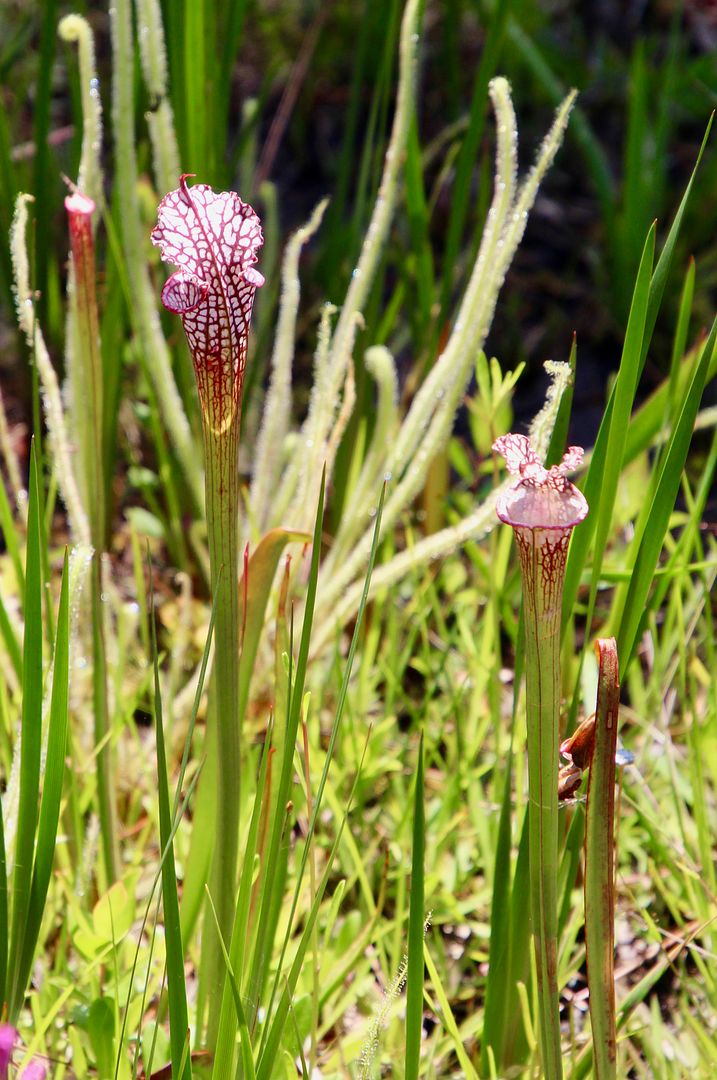
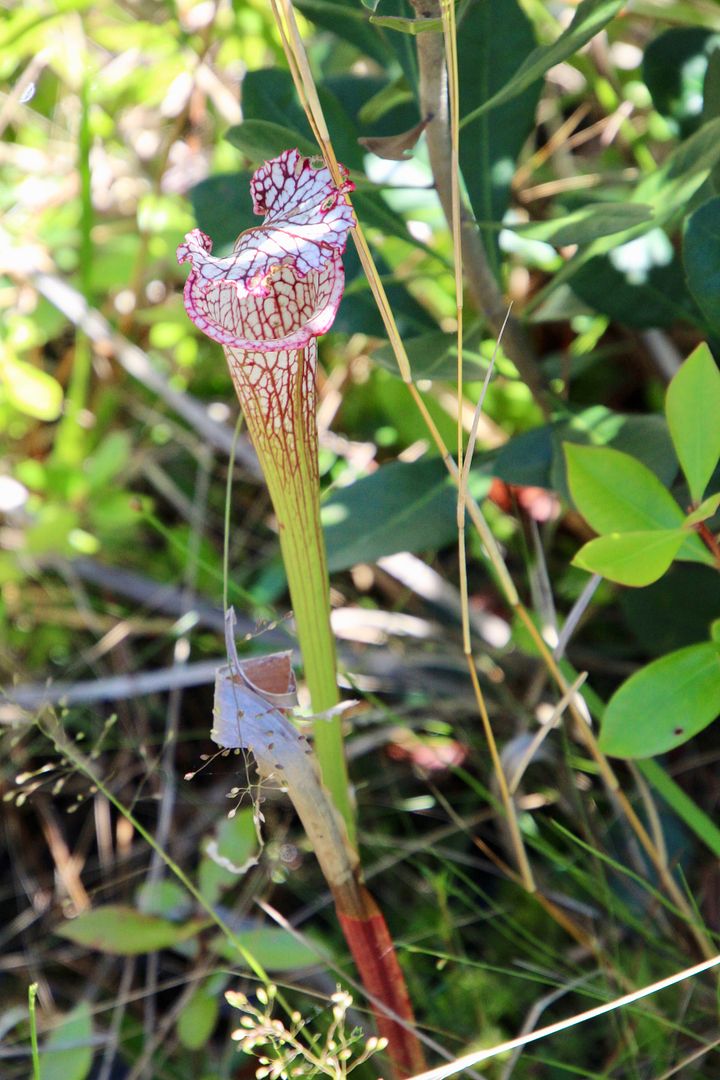
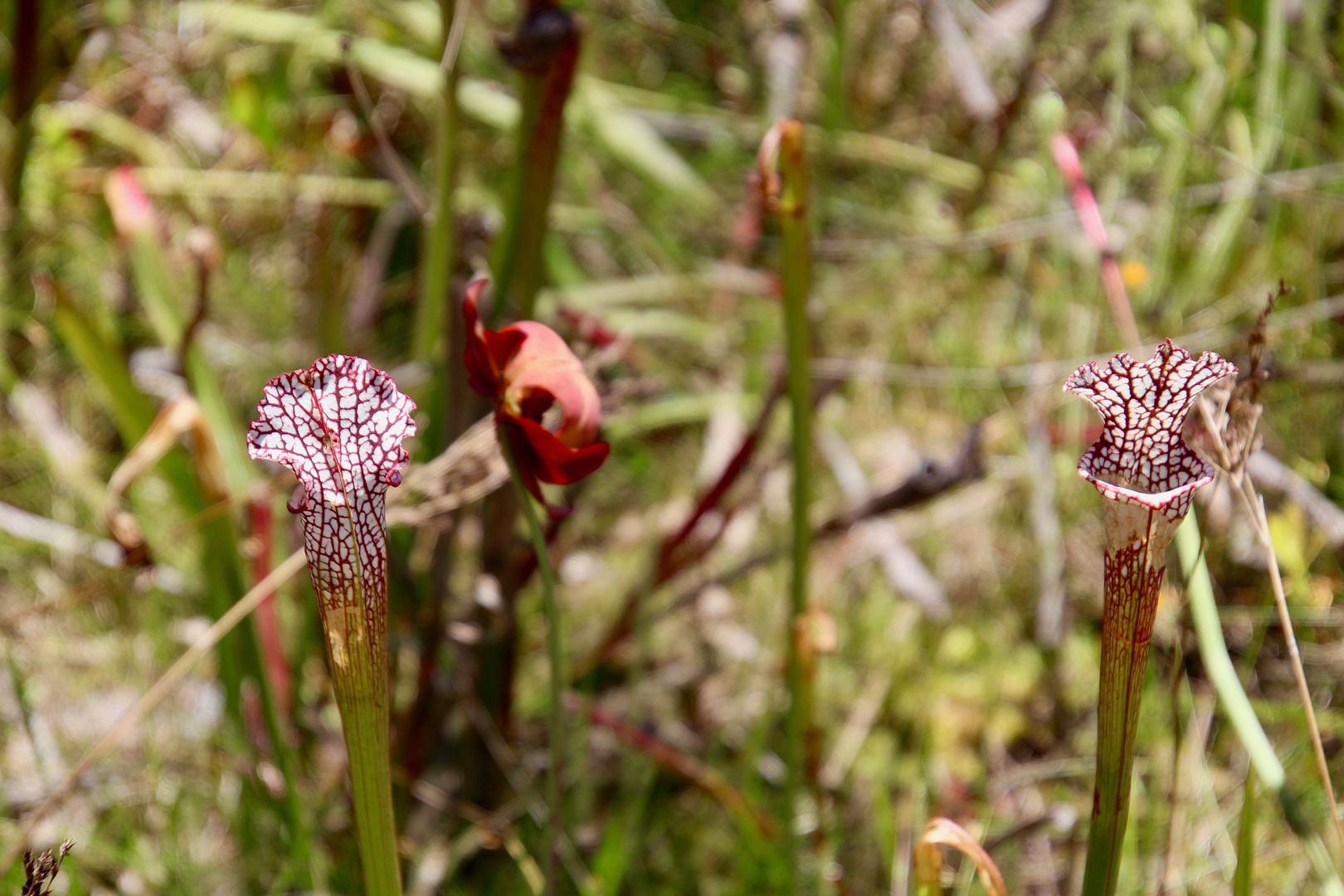
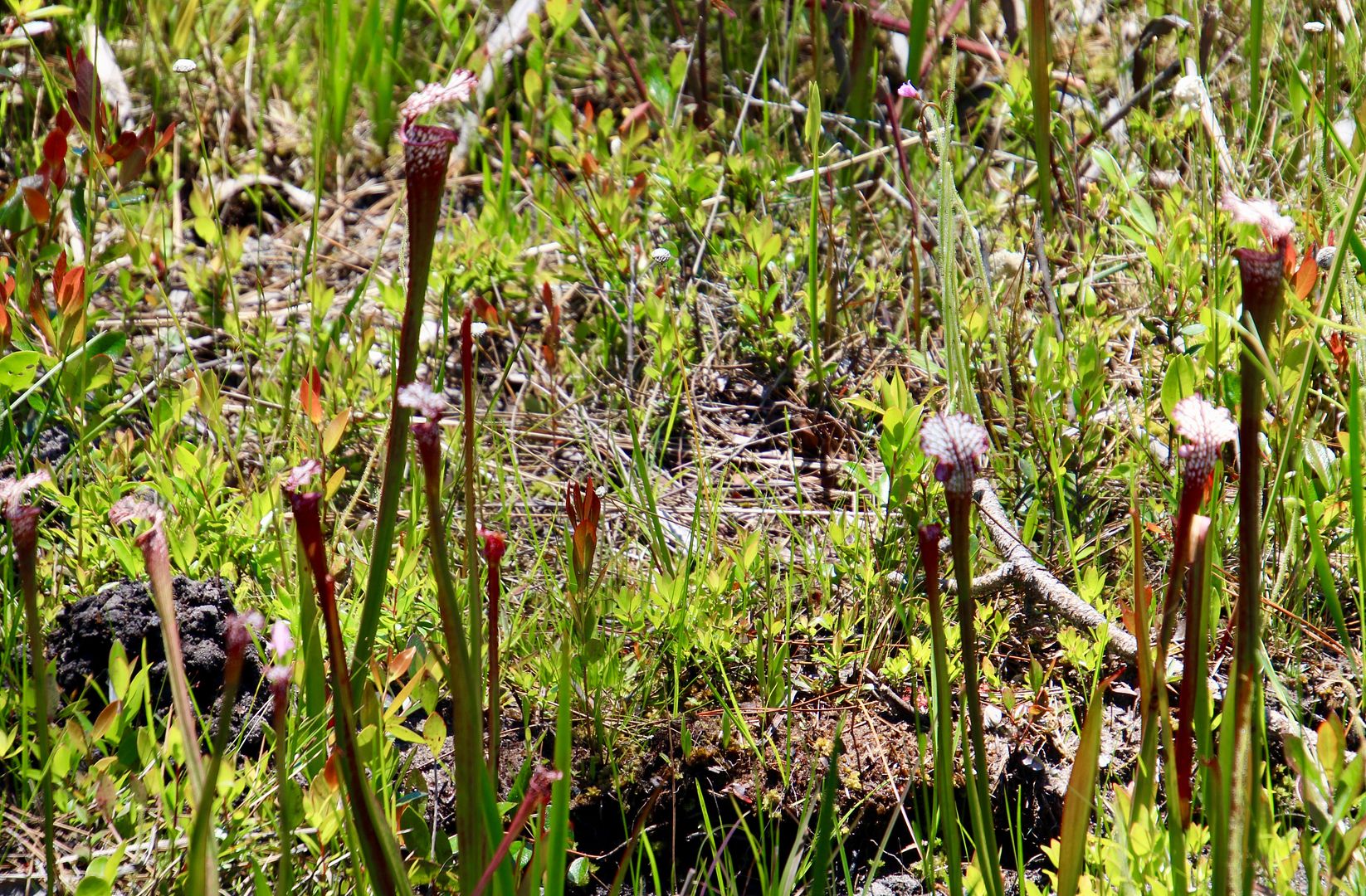
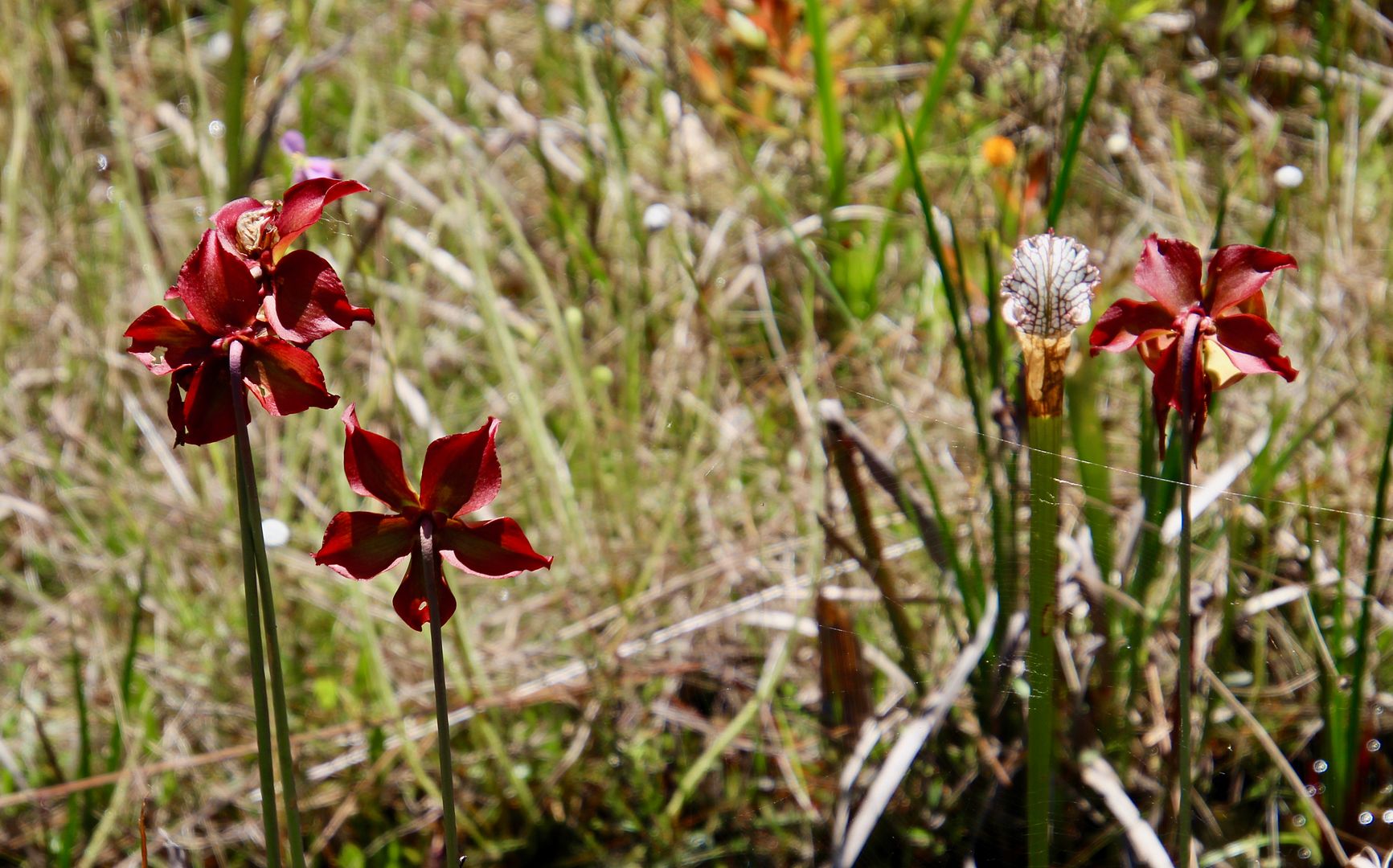
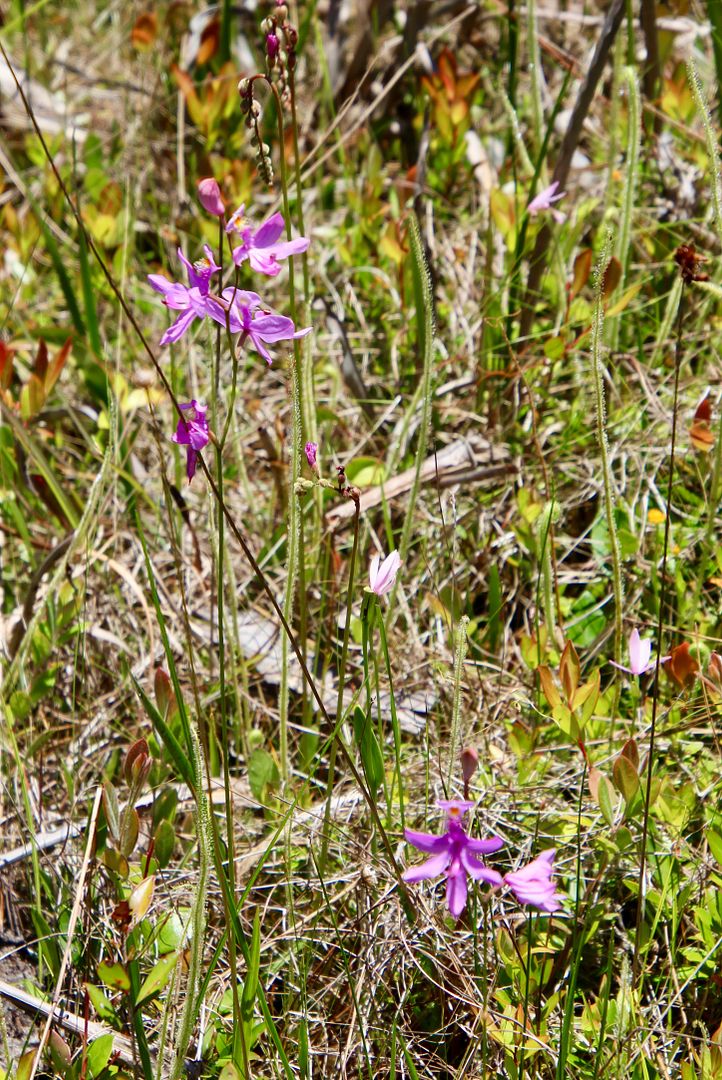
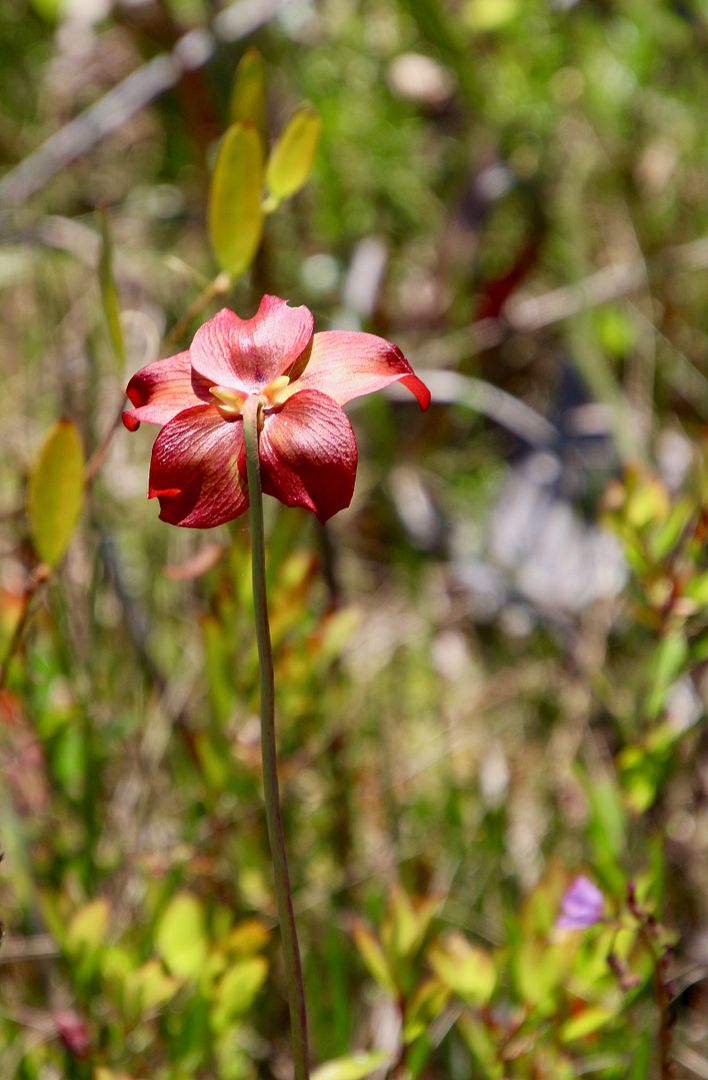
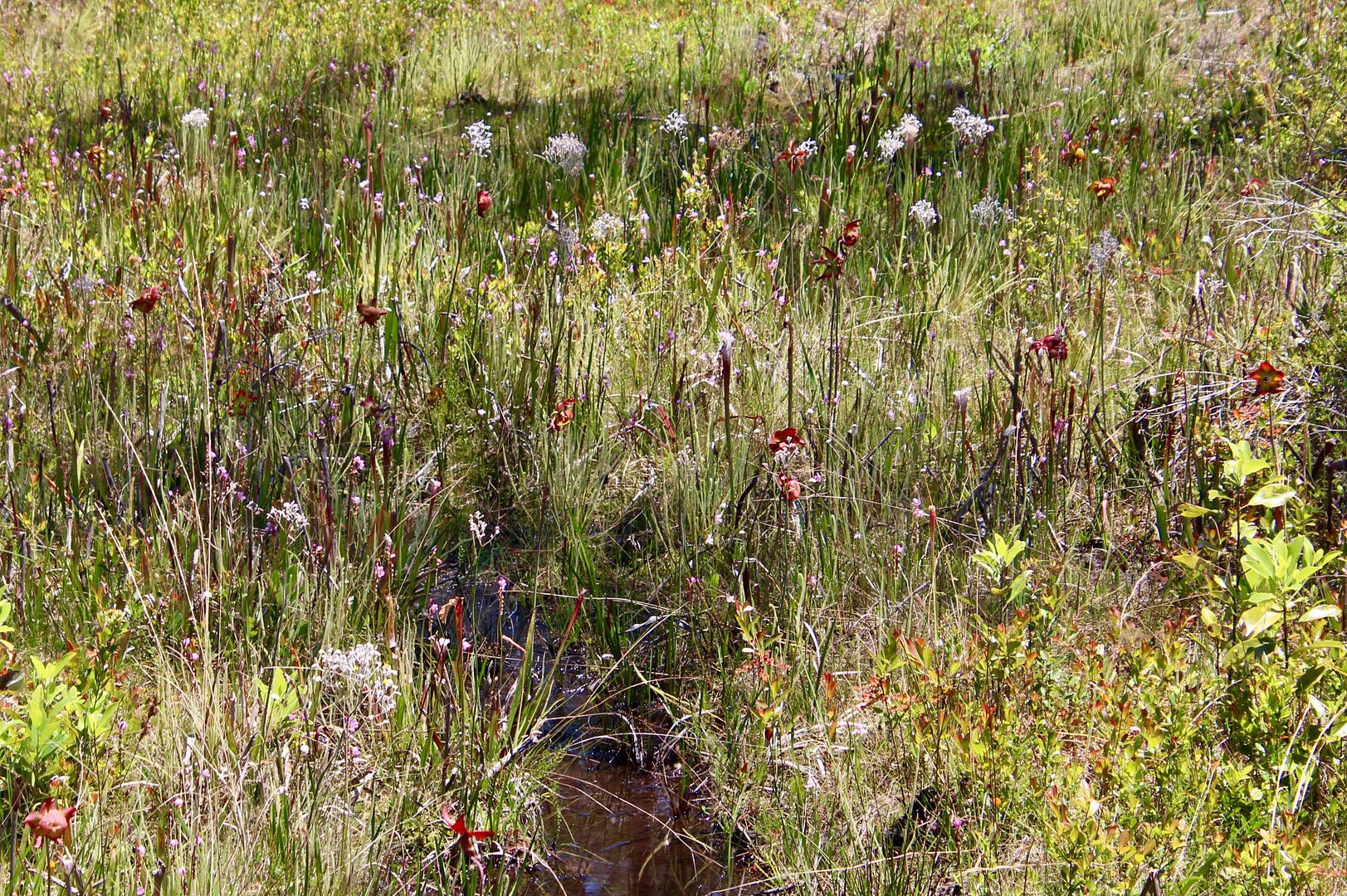
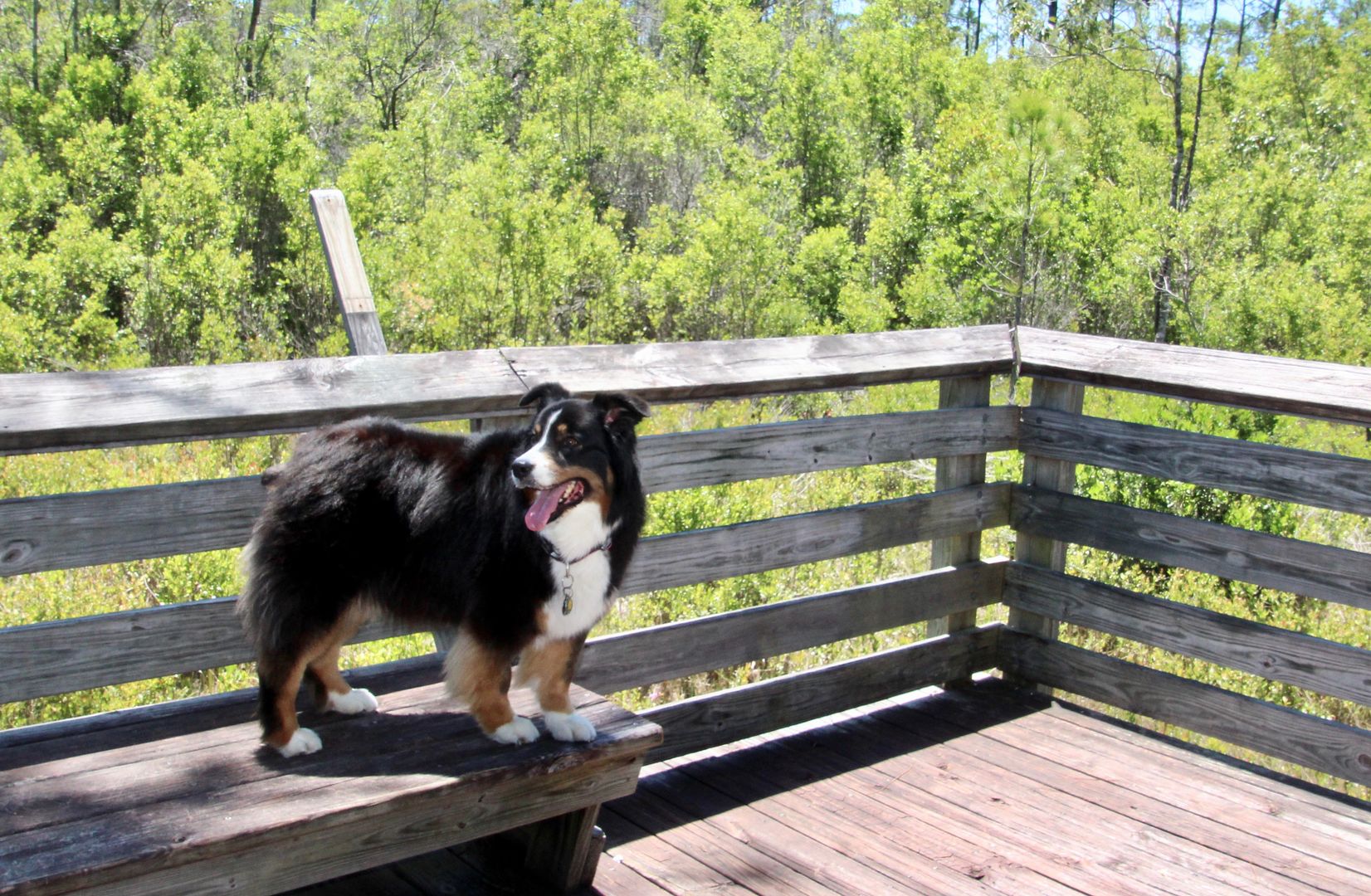
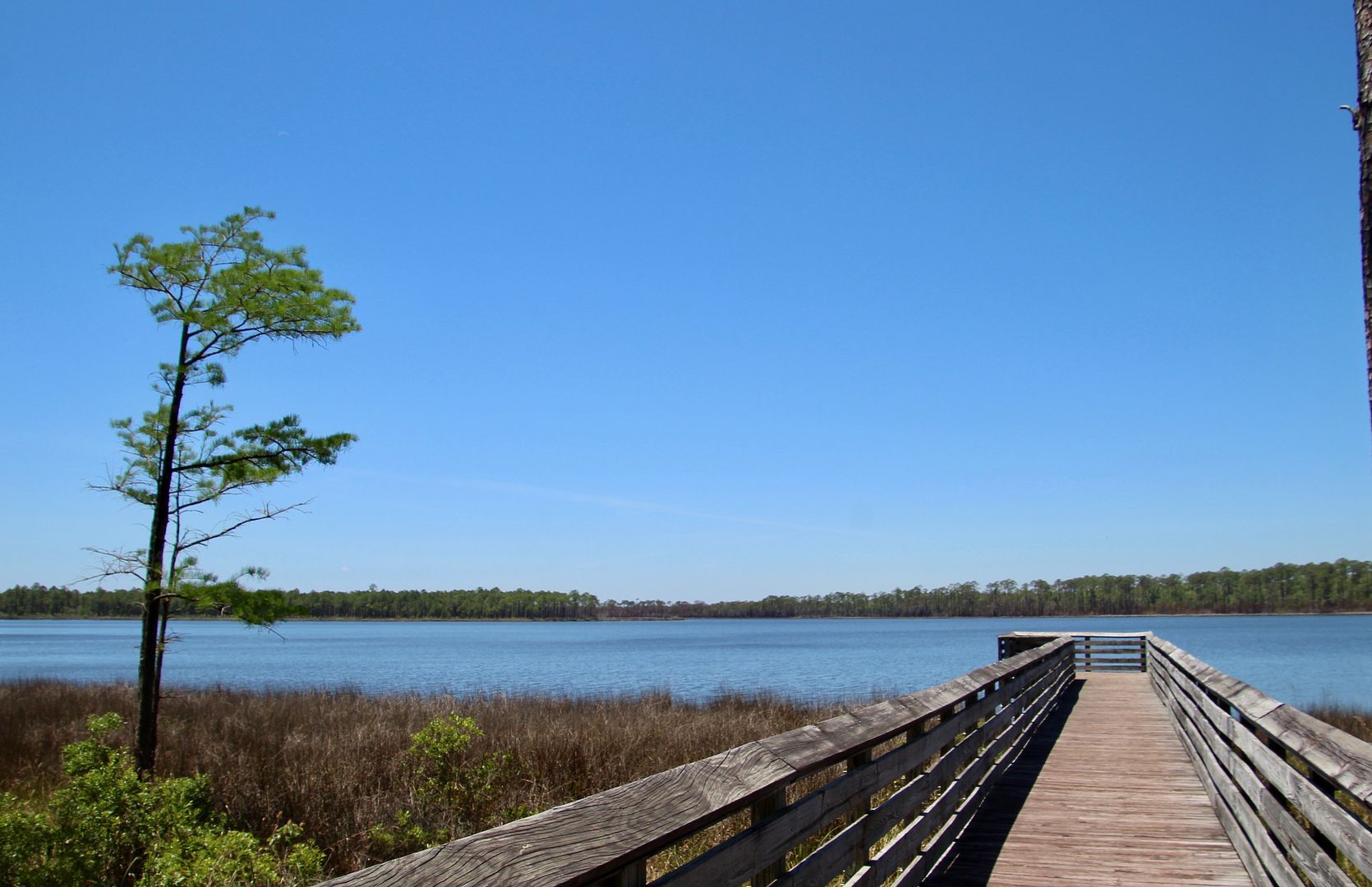
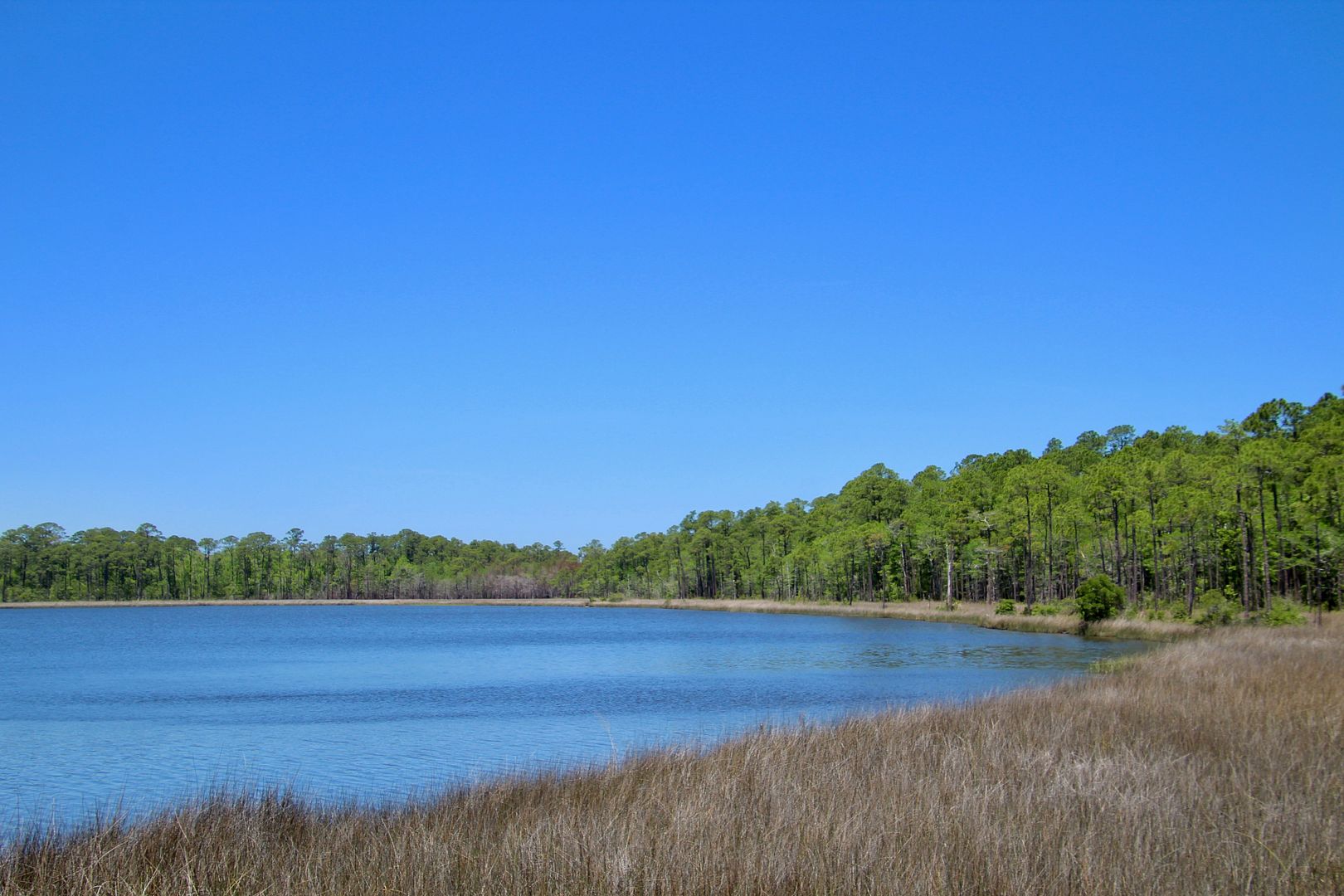
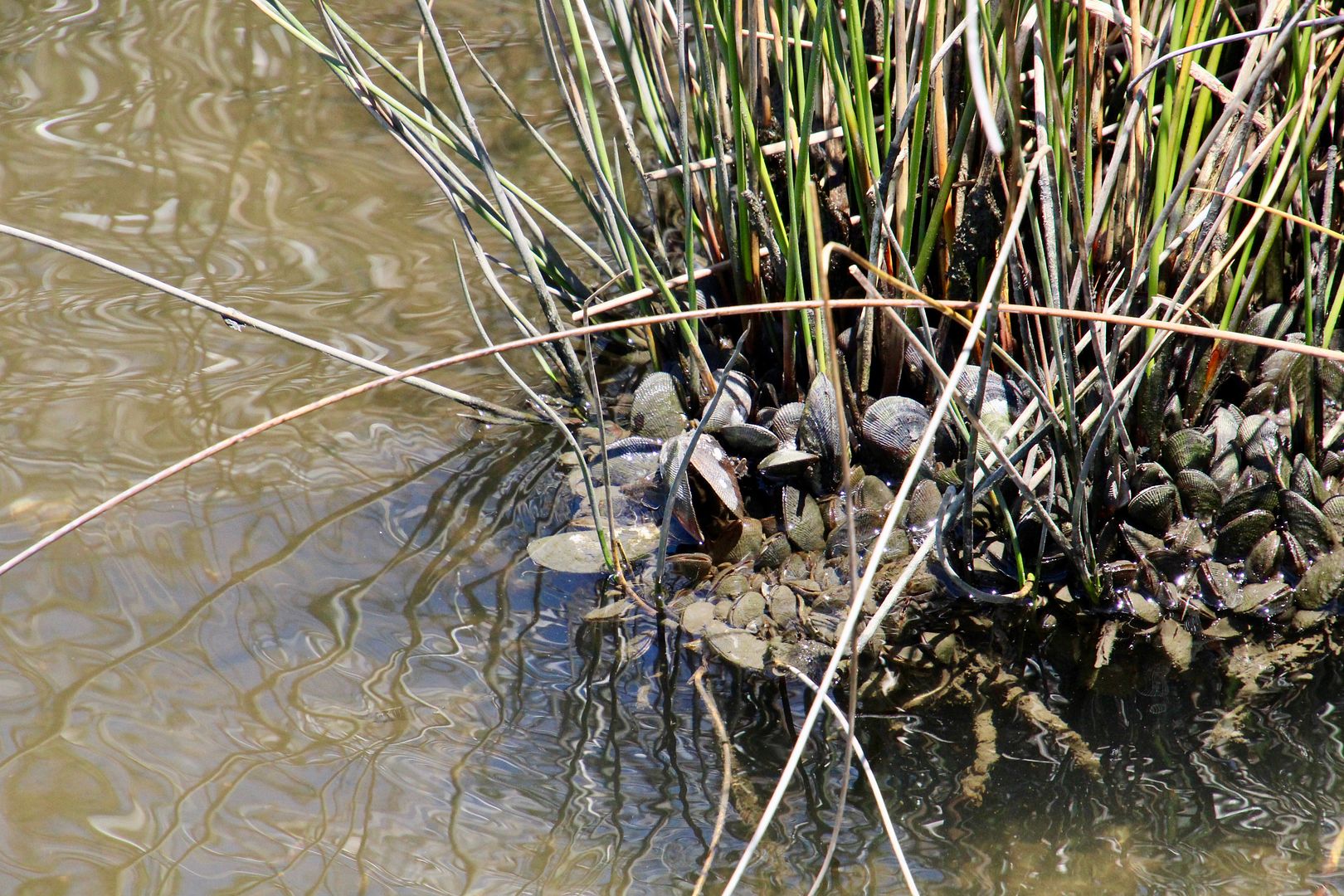
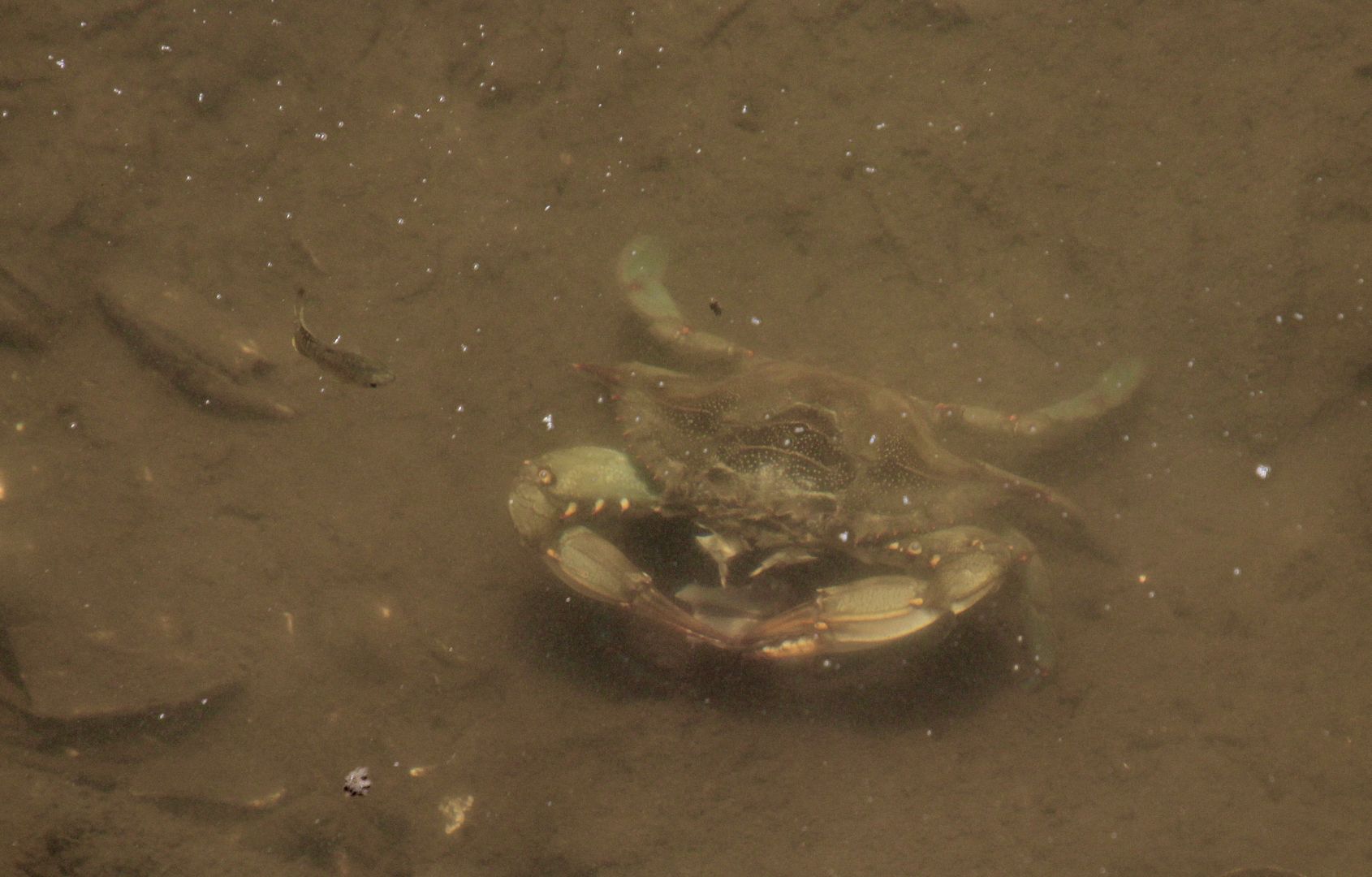
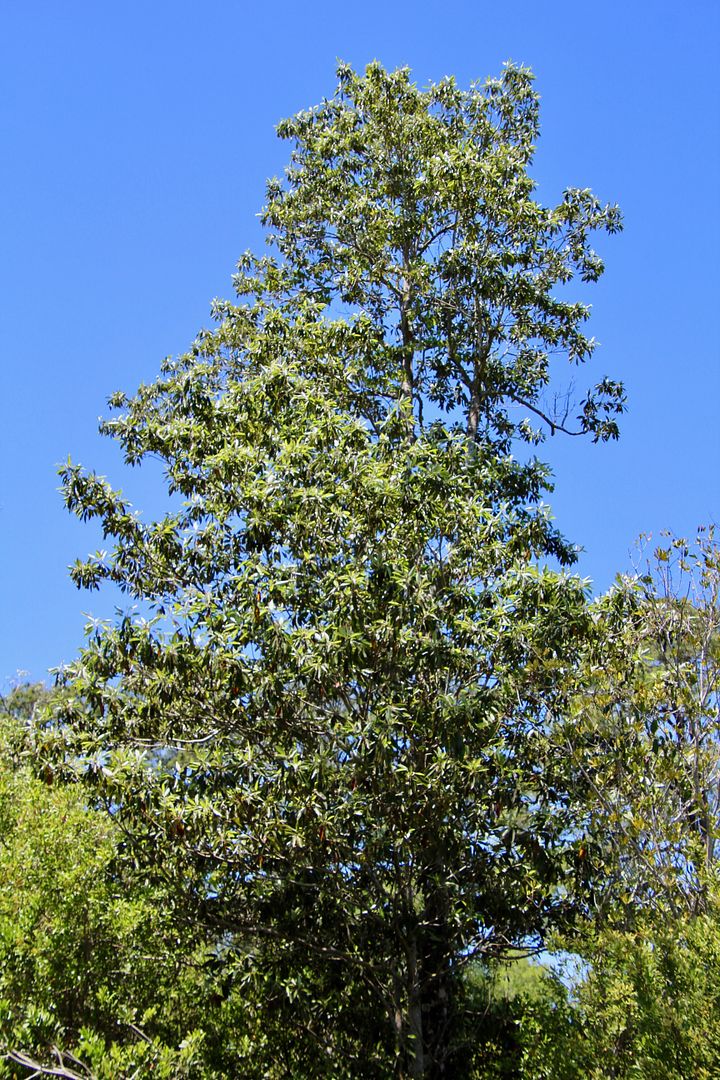
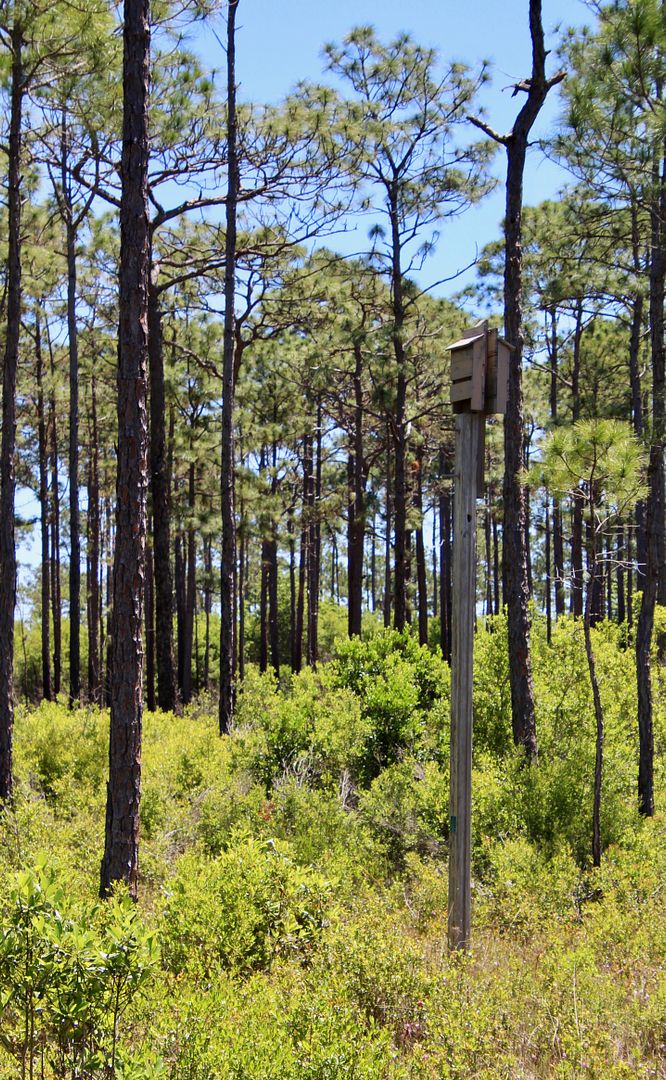
No comments:
Post a Comment